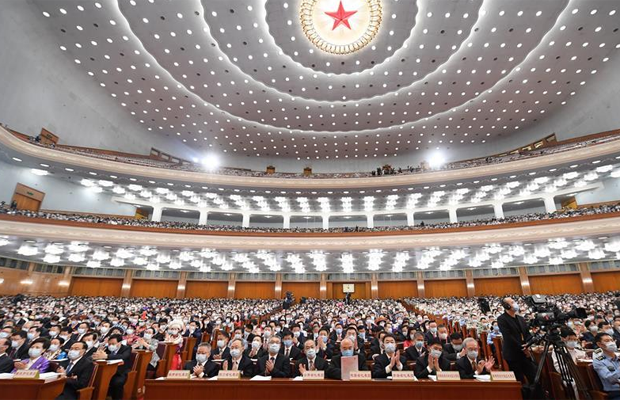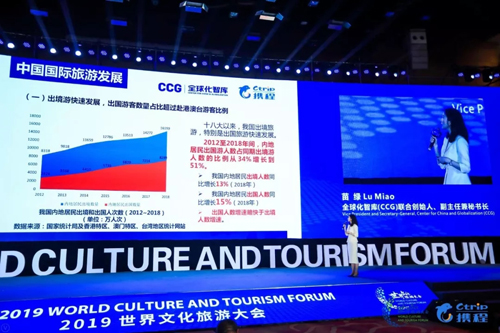CCG has long-standing interests in domestic policy and reform research, and has provided constructive policy advice on China's openness index, regions and cities, the Greater Bay Area economy, and urban-rural integration.
-

Wang Huiyao: Hainan port plan will take opening-up to higher level
The Central Committee of the Communist Party of China and the State Council, China's Cabinet, recently released a master plan for the Hainan Free Trade Port. Eleven key industrial parks were unveiled on June 3, marking the start of construction of the port.
June 15 , 2020 -

Wang Huiyao: Two Sessions signals ‘people’s stimulus’
This year's Two Sessions, the most important meetings on China's political calendar, have been unlike any other in recent memory. With China emerging from a pandemic that has now swept the world, the meetings took on a new format combining physical meetings and cloud technologies.
May 27 , 2020 -

Wang Huiyao: Chinese economy’s resilience helps ease unemployment challenges
The COVID-19 pandemic in 2020 has changed the lives of everyone around the world and may even change the global landscape. While Western countries are still struggling with COVID-19, China has started its economic recovery.
May 21 , 2020 -

Wang Huiyao: Speeding work & production resumption key to poverty alleviation
2020 is the year China plans to complete the building of a moderately prosperous society in all respects and achieve the goals of the 13th Five-Year Plan. With the COVID-19 in the background bringing more challenges to China's economic growth, resumption of work and production are essential to drive economic recovery in the post-epidemic era and win the battle against poverty. Even with the coronavirus outbreak, President Xi Jinping has been attaching great importance to poverty alleviation and made an important speech to remobilize and redirect local governments to complete the task of poverty alleviation.
April 24 , 2020 -

CCG release the fourth tourism report at WCTF
From October 22-25, 2019, the 2019 World Culture and Tourism Forum was held in Xi’an, China, under the theme “Integrating Culture and Tourism to Build an Intelligent Future.” More than 1,000 delegates attended the forum, exploring new marketing ideas, destinations and attractions for inbound tourism. The conference hosted by Xi’an Municipal People’s Government and Ctrip.
October 22 , 2019


